Bad Ass Cinematographer

 I think the whole thing about filmmaking is that it has to be engaging enough that I have to believe enough of what I'm seeing that it becomes universal. It's really that simple. That's why it doesn't matter anymore what language it's in because, if you're really saying something, then we'll hear it.
I think the whole thing about filmmaking is that it has to be engaging enough that I have to believe enough of what I'm seeing that it becomes universal. It's really that simple. That's why it doesn't matter anymore what language it's in because, if you're really saying something, then we'll hear it.
Up until cloning starts next year, we're all more or less biologically and spiritually... There are places where we interconnect and the only way you can interconnect is if you disconnect with yourself. If you don't know who the fuck you are... I think that's the whole point. People go to film school to learn about filmmaking. No. Why don't you go out and learn about life and then...
In Chinese, they say, "Your eye is high but your hand is low," which means you can't achieve what you want to do. You have all these fucking aspirations, you expect to do something great, and actually you complicate things. Because your hand is low. In the middle of Days of Being Wild, it was either I was going to get fired or I was going to leave, or I just sort of stepped back one step. I think that's the whole point. That's what I try to talk about now. The intimacy of the act - which is like, you know, at my age, you need glasses to see anything close up - and then how to step back.
That's the thing: the balance between being so fucking involved in something that it has energy, it has intimacy, it contacts people, and yet being removed enough to say, "Yes, no, yes, no, no." That's the job.
That's the thing about the films we've made, that they are an appropriation of a lot of mistakes, and I think that's a really important dialogue that I should have with other kids. Because the rest of the world, in the film schools, what they tell you is that you can be logical about it, you can learn how to make films. You can't learn how to make films. You gotta make mistakes and you have appropriate the mistakes, and then you learn from those things, and then you have a voice. That's the real trajectory, that's the real journey.
When you write, you know, you look and... "I don't need so many adjectives, no." Really. I studied writing and then I couldn't write for twenty years. Now I've done fifteen to twenty books because it's just a pleasure. When you get away from the bullshit, when you get away from the academic, when you get away from... But you've absorbed enough of it. Of course you have to work on the technique, but the thing is to work so well that the technical stuff becomes so familiar that it's not even there. Then you're starting to write, then you're starting to make films, then you're starting to articulate, then you're starting to make bullshit like I am now.
I think that's that job, to take words, whether they are on a page, or whether it's you and me talking, or whether it's the dialogue - those are the three basic aspects of filmmaking - and my job is to articulate them, is to try to find, to [sniff, sniff] smell the essence of the thing, to cut through the bullshit, and I think that's the job.
So how do I prepare for that? That's the question. And I think it's by living. I have the most wonderful job in the world because I'm looking. Everyday. I notice the light on your face. I complained about [his traveling companion] Ariana's shoes yesterday. That's my job. And that's the pleasure that I can convey to you. You can actually sit there and say, "There's no story, but whoa, it's so wonderful the way she walks up the stairs," or enjoy the beauty of her.
And it really is about beauty, it's a celebration of beauty. And beauty can be Joel-Peter Witkin, it can be a decapitated head. That's also beautiful in its way. Or blood on the ground. I'm not saying beauty in the sense of angels in heaven, Britney Spears kind of stuff, I'm talking about beauty in the sense of the celebration of life.
Above quotes taken from a 2004 Greencine interview with Sean Axmaker and Christopher Doyle
And now for a fascinating look behind the lens of bad ass cinematographer Christopher Doyle:
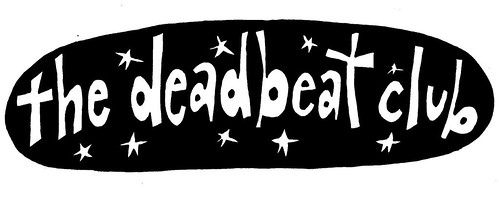

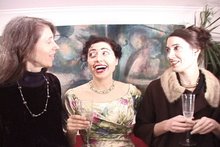
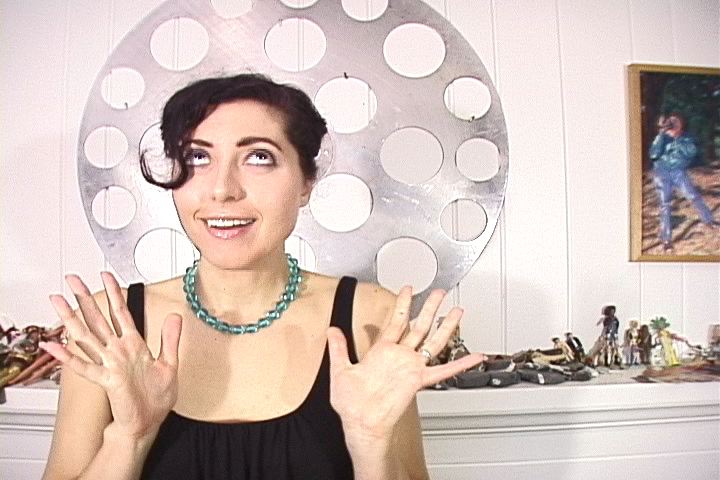
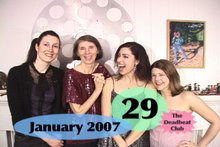
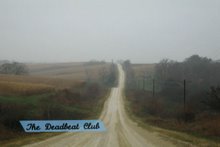





No comments:
Post a Comment